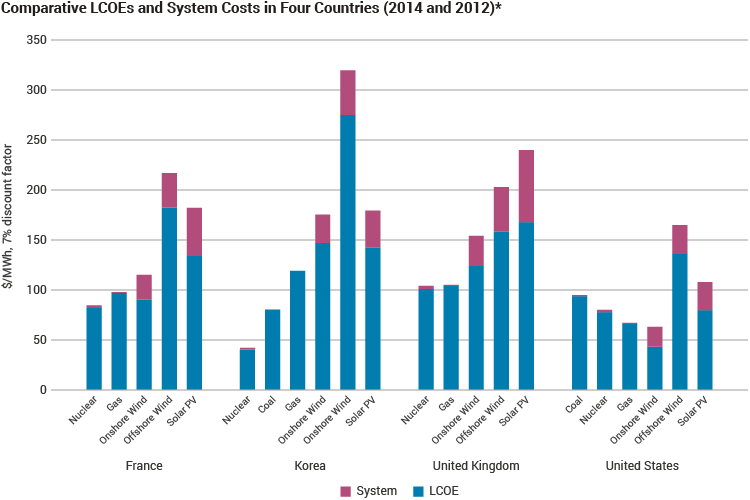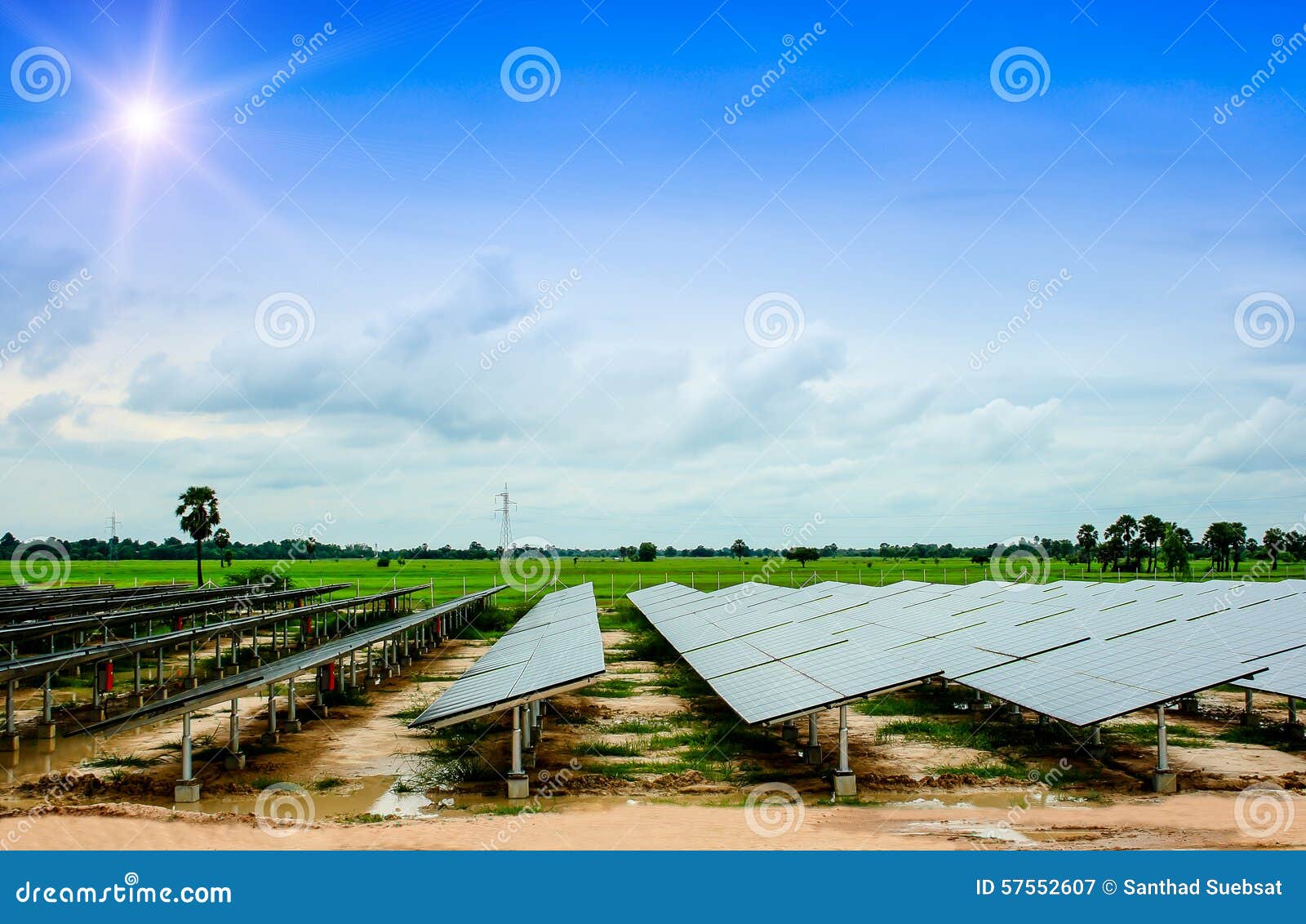- 31 Aug 2016 22:18
#14714361
Dependence on nuclear energy reduces innovation in alternative energy sources. Thus, contrary to the claims of the nuclear lobby, nuclear energy is not the best way of fighting climate change.
Pro-nuclear countries making slower progress on climate targets
Pro-nuclear countries making slower progress on climate targets
With Hinkley Point deal hanging in the balance, study casts fresh doubts over future of nuclear energy in Europe
A strong national commitment to nuclear energy goes hand in hand with weak performance on climate change targets, researchers at the University of Sussex and the Vienna School of International Studies have found.
A new study of European countries, published in the journal Climate Policy, shows that the most progress towards reducing carbon emissions and increasing renewable energy sources – as set out in the EU’s 2020 Strategy – has been made by nations without nuclear energy or with plans to reduce it.
Conversely, pro-nuclear countries have been slower to implement wind, solar and hydropower technologies and to tackle emissions.
While it’s difficult to show a causal link, the researchers say the study casts significant doubts on nuclear energy as the answer to combating climate change.
“By suppressing better ways to meet climate goals, evidence suggests entrenched commitments to nuclear power may actually be counterproductive.”
Professor Andy Stirling, Professor of Science and Technology Policy at the University of Sussex, said: "Looked at on its own, nuclear power is sometimes noisily propounded as an attractive response to climate change. Yet if alternative options are rigorously compared, questions are raised about cost-effectiveness, timeliness, safety and security.
“Looking in detail at historic trends and current patterns in Europe, this paper substantiates further doubts.
The study divides European countries into three, roughly equal in size, distinct groups:
Group 1: no nuclear energy (such as Denmark, Ireland and Norway)
Group 2: existing nuclear commitments but with plans to decommission (eg Germany, Netherlands and Sweden)
Group 3: plans to maintain or expand nuclear capacity (eg Bulgaria, Hungary and the UK)
They found that Group 1 countries had reduced their emissions by an average of six per cent since 2005 and had increased renewable energy sources to 26 per cent.
Group 2 countries, meanwhile, fared even better on emissions reductions, which were down 11 per cent. They grew renewable energy to 19 per cent.
However, Group 3 countries only managed a modest 16 per cent renewables share and emissions on average actually went up (by three per cent).
The UK is a mixed picture. Emissions have been reduced by 16 per cent, bucking the trend of other pro-nuclear countries. However, only five per cent of its energy comes from renewables, which is among the lowest in Europe, pipped only by Luxembourg, Malta and the Netherlands.
The team say that the gigantic investments of time, money and expertise in nuclear power plants, such as the proposed Hinckley Point C in the UK, can create dependency and ‘lock-in’ – a sense of ‘no turning back’ in the nation’s psyche.
Technological innovation then becomes about seeking ‘conservative’ inventions – that is new technologies that preserve the existing system. This is, inevitably, at the expense of more radical technologies, such as wind or solar.
Professor Benjamin Sovacool, Professor of Energy Policy and Director of the Sussex Energy Group at the University of Sussex, said: "The analysis shows that nuclear power is not like other energy systems. It has a unique set of risks, political, technical and otherwise, that must be perpetually managed.
“If nothing else, our paper casts doubt on the likelihood of a nuclear renaissance in the near-term, at least in Europe."
Lead author Andrew Lawrence of the Vienna School of International Relations said: “As the viability of the proposed Hinkley plant is once again cast into doubt by the May government, we should recall that -- as is true of nuclear fallout -- nuclear power's inordinate expense and risks extend across national borders and current generations.
“Conversely, cheaper, safer, and more adaptable alternative energy sources are available for all countries.”








 Ever thought about rechecking stuff?
Ever thought about rechecking stuff? 









 - By Tainari88
- By Tainari88